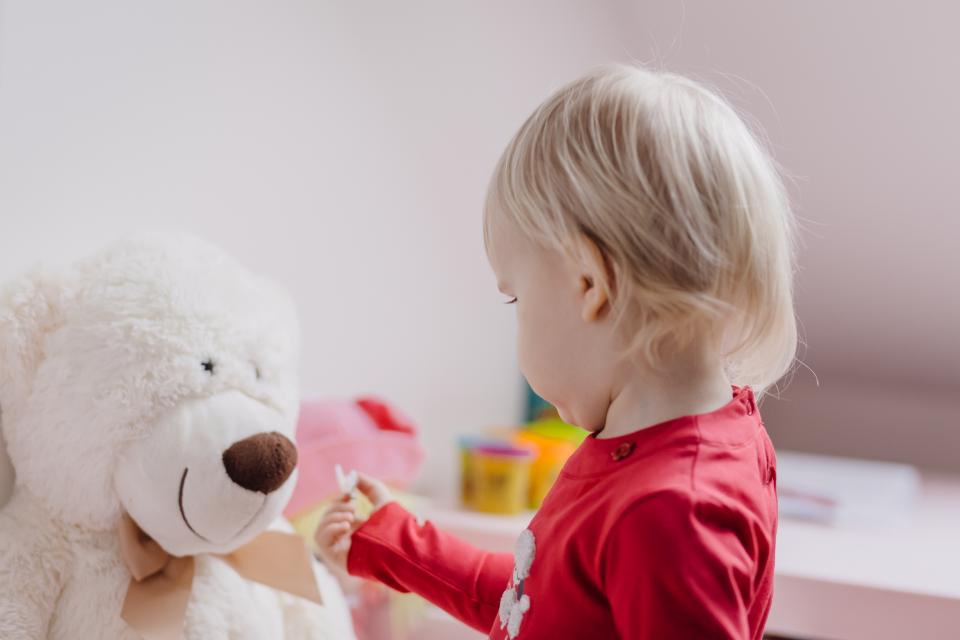Introvert Children and their needs
In our extremely social, exhibitionistic world, being an introvert can be tough. While some kids are vocal about their needs, some shy away from speaking in public or amidst crowds. It is vital to spend quality time with your child to understand him, especially if he is an introvert. Extroverted parents: don’t worry about your introverted child! Here are few Tips to handle them well:–
- Don’t just accept your child for who she is; treasure her for who she is. Introverted children are often kind, thoughtful, focused, and very interesting company, as long as they’re in settings that work for them.
- Introverted kids usually have the capacity to develop great passions. Cultivate these enthusiasms. Intense engagement in an activity is a proven route to happiness and well-being, and a well-developed talent is a great source of confidence. Traditional childhoodactivities like soccer and piano may work well for some kids, but don’t forget to look off the beaten path.
- Introduce your child to new people and situations slowly
Introverts often feel overwhelmed or anxious in new environments and around new people. If you’re attending a social event, don’t expect your child to jump into the action and chat with other children right away. If possible, arrive early so your child can get comfortable in that space and feel like other people are entering a space she already “owns.”
- Remind your child that she can take breaks from socializing if she feels overwhelmed or tired
While extroverts feel energized by socializing, introverts can feel drained. If your child is older, she can excuse herself to a quieter part of the room or a different location such as the bathroom or outside. If she’s younger, she might not notice when she’s tapped out, so you’ll have to watch her for signs of fatigue.
- Praise your child when she takes a social risk
Let her know you admire what she did. Say something like, “Yesterday, I saw you talking to that new boy. I know that was hard for you, but I’m proud of what you did.”
- Point out when she ends up enjoying something she was initially afraid of
Say, “You thought you were going to have a miserable time at the birthday party, but you ended up making some new friends.” With positive reinforcement like this, over time, she’ll be more likely to be able to self-regulate her feelings of nervousness and dread.
- Talk to your child’s teachers about her introversion
This will help your child’s teachers know how to interpret her behavior. Some teachers mistakenly assume that introverted children don’t speak up much in class because they’re disinterested or not paying attention.
On the contrary, introverted students can be quite attentive in class, but they often prefer to listen and observe rather than actively participate.











Be the first to comment